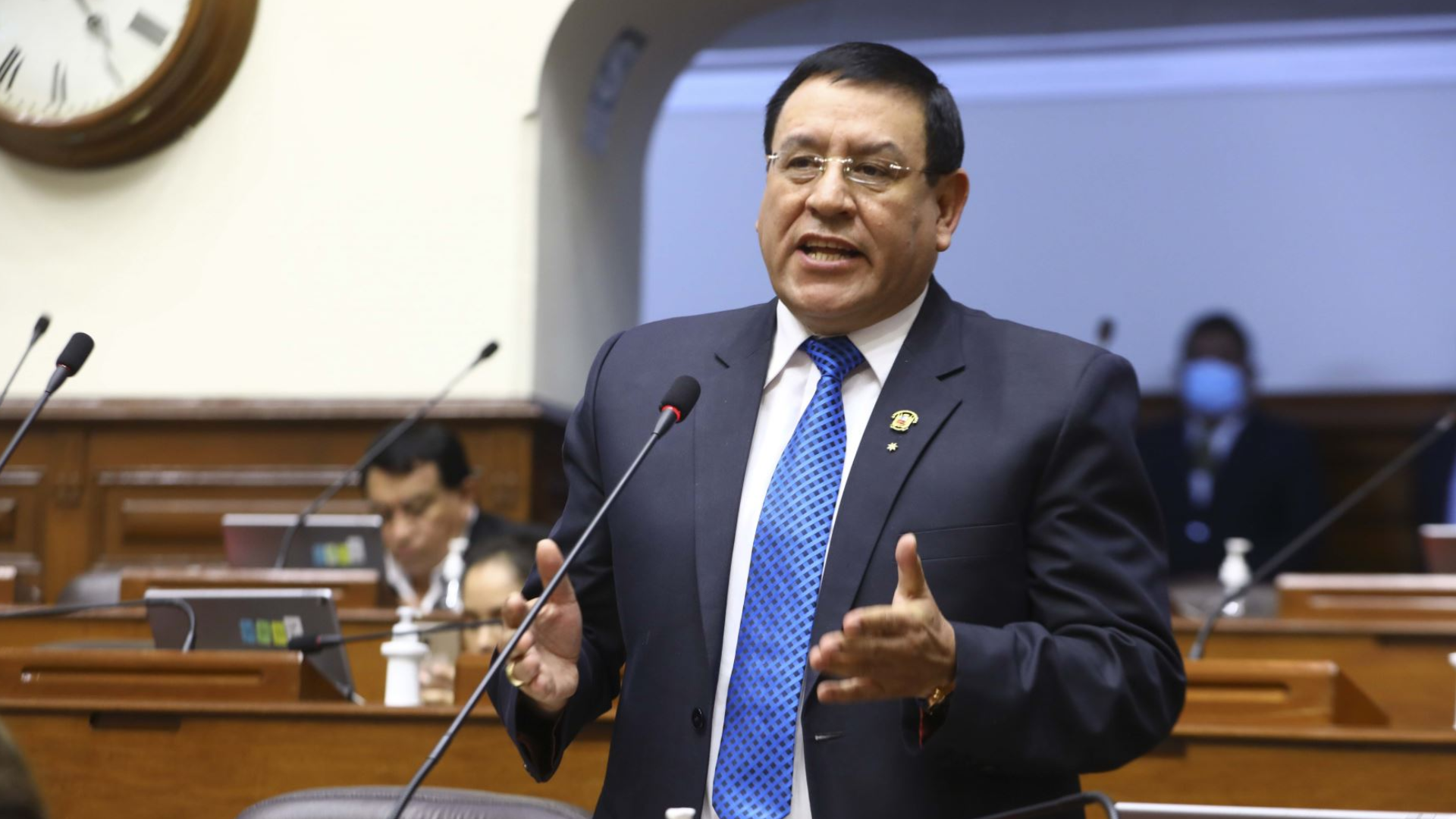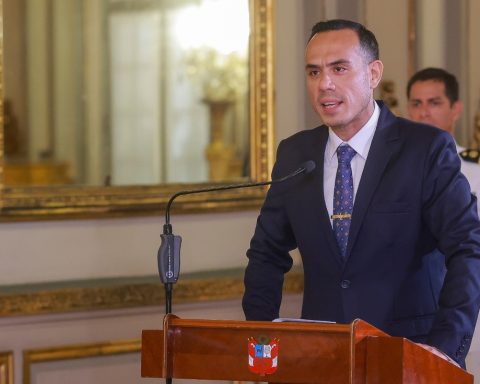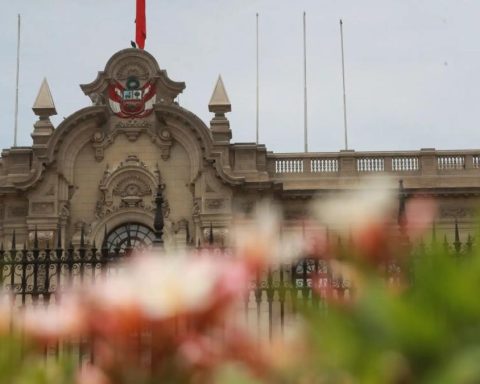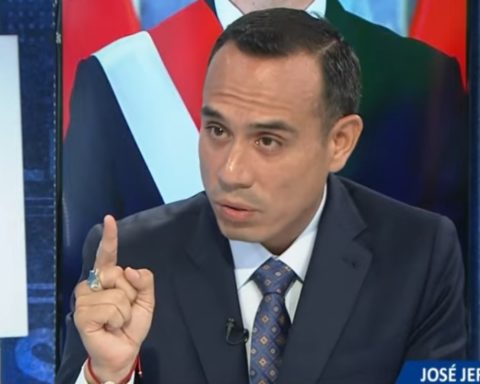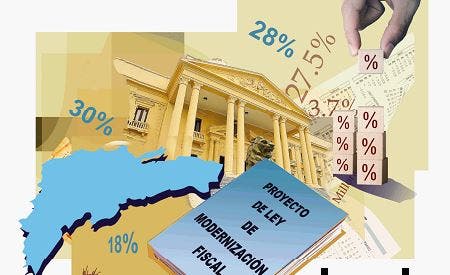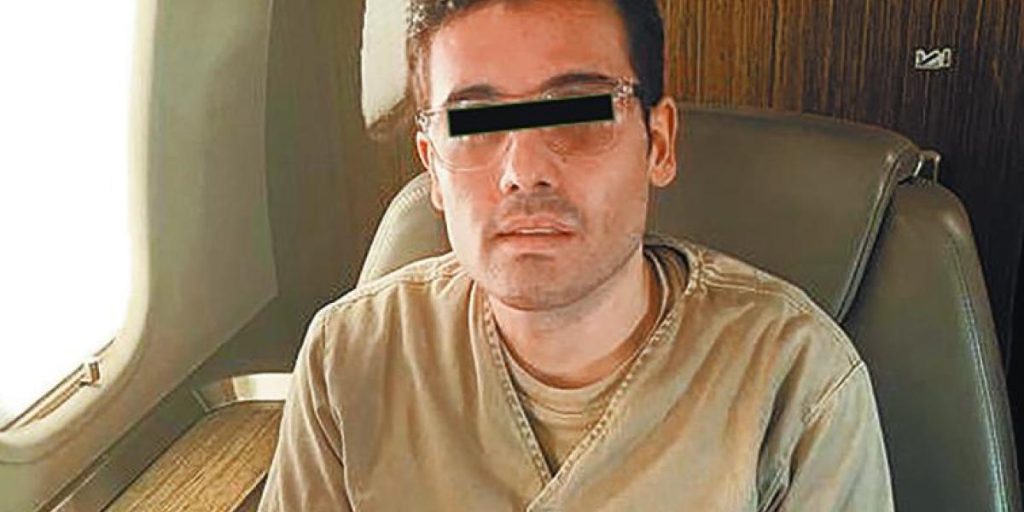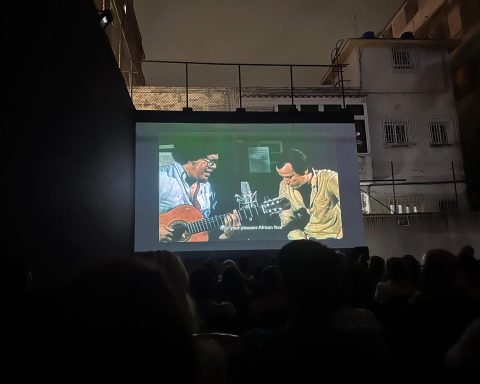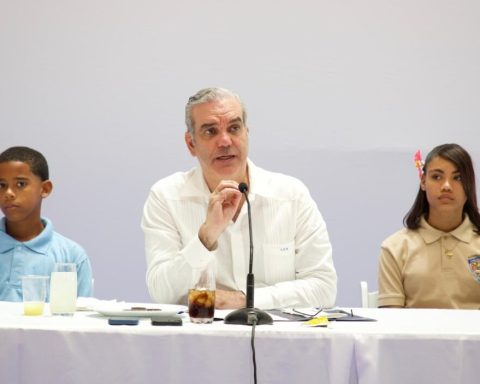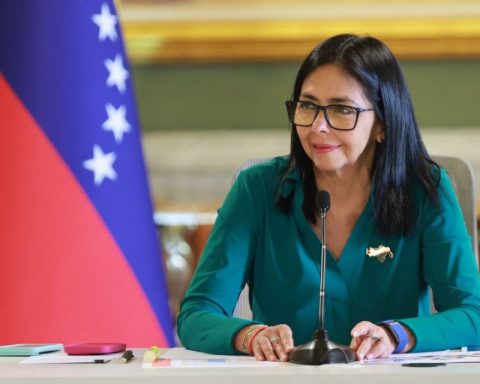Since May 2023, the Congress of the Republic develops an unusual reformist zeal Penal Code and the Criminal Procedure Code for the personal benefit of congressmen and political parties that control parliament, generating chaos and confusion in the criminal, judicial and fiscal system.
The eight criminal laws approved and promulgated to date, since May 2023, are contradictory, confusing and with ambiguous definitions and without technical development, as warned Judge Jorge Chávez Tamarizor have their own name, as reported by the Judge Richard Concepción Carhuancho Therefore, they cannot be fulfilled or are constitutionally inapplicable.
Some criminal and procedural reforms are necessary, but not in the form and manner in which the current Congress promotes it since it is only supported in cases of self-interest.
In this way, in the desire to obtain a direct benefit or in favor of their political groups and their leaders, the only thing they achieve is to generate chaos, false expectations among thousands of defendants and conflicts between the Public Ministry and the National Police.
In troubled waters, the profit is from common crime, state corruption and organized crime. Judges refuse to comply with laws that conflict with the Constitutioninternational treaties or the common good and, then, Congress promotes new legal projects to force judges to comply with themaffecting judicial independence, breaking the balance of powers and free jurisdictional criteria.
What is required is to open the debate to perfect the laws in a way that the only winner is society, due process and the administration of justice, with this desire we describe the main aspects of the eight reform laws of the Penal Code and Code Procedural approved until today.
Soto Law: suspension of prescription
Law No. 31751 modifies articles 84 of the Penal Code and 339 no. 1) of the Criminal Procedure Codeto reduce the period of suspension of the prescription of a crime to one year. The statute of limitations is the time the State has to report, investigate and punish a crime.
Before this reform, a crime with a maximum penalty of 10 years expired 15 years after the crime occurred, but if during those 15 years the preparatory investigation begins, the period is suspended and the State has up to 30 years to prosecute and punish crime. The bigger penalties, the more time to investigate.
With the new rule, this example prescribes at 16 years of age. In such a way that in minor crimes, with minimum penalties, the State has little time to investigate and punish. A crime with a four-year sentence, the State had up to 12 years to investigate. With the Soto Lawthe maximum term is seven years.
Pro illegal and informal mining
Law No. 31989 modified Legislative Decree No. 1607 on mining formalization to prohibit the National Police from denouncing informal miners for the crime of illegal possession of explosiveswith suspended registration in the REINFO, who had explosive devices or materials under their possession without having the corresponding administrative authorization. In addition, it prohibits the seizure of this explosive material.
In addition, it prevents REINFO from excluding from its registry miners who, within a period of 90 days, do not present the exploitation or transfer contract of the mining work area, duly registered, or who occupy areas of mining concessions whose owner has declared to the MINEM of its intention not to sign exploitation or transfer contracts.
Silencing the aspiring effective collaborator
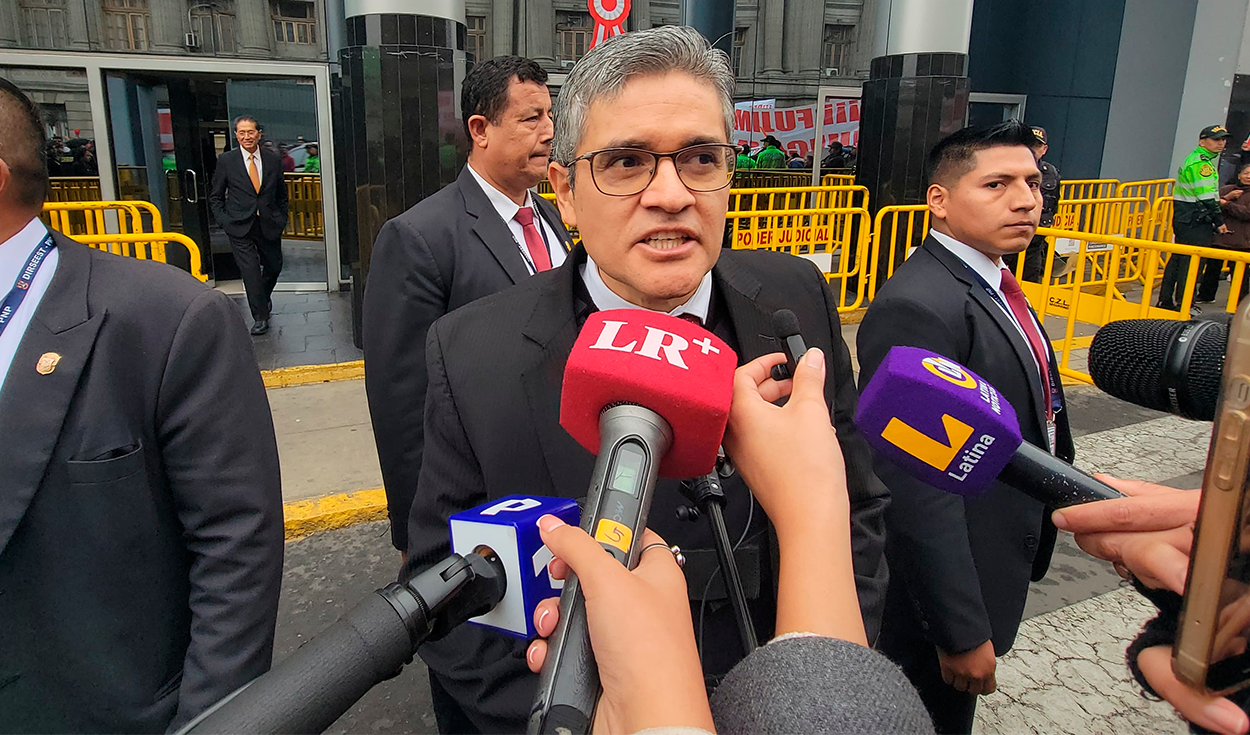
Law 31990 made modifications to articles 473, 476-A and 481-A of the Criminal Procedure Code on the special process of effective collaboration, in favor of the right of defense, to avoid leaks to the press of the statement and restrict its use for preventive prisons.
Thus, a time limit was established, which did not exist before, to verify the information provided by an effective collaborator and sign the collaboration agreement.. Based on this rule, the initial corroboration period is 8 months for all cases regardless of their complexity, which can be extended for another 4 months for simple or complex cases and, in cases of organized crime, for up to another 8 months. months.
Furthermore, it points out that the aspiring effective collaborator cannot meet with the prosecutor without the presence of his lawyer, that he must provide the maximum possible information from his first statement and not in batches, that his statement must be recorded in a record and video, that the statement of one collaborator does not confirm the statement of another collaborator and that in a request for preventive detention, each statement of a collaborator must be independently corroborated.
Likewise, it is established that at the time of offering your initial statement you will be called “effective collaborator applicant” and only after the agreement is approved will you be called “effective collaborator”, along with the obligation of prosecutors to guarantee the confidentiality of the process and identity of the applicant, under administrative, civil and criminal responsibility.
Legislating in favor of political parties
With the entry into force of Law 32054, via the modification of article 105 of the Penal Code, it was established that Political organizations cannot be subject to the closure of premises or establishments.dissolution and liquidation, or suspension of activities.
In addition, article 5 of Law No. 30424 – Law that regulates the administrative responsibility of the legal entity in criminal proceedings – was modified to establish that political parties involved in a crime can only be sanctioned with a financial fine. No disqualification, no closure of premises and no dissolution.
Soto law two, more of the same
Law No. 32104, in accordance with Law 31571, establishes that the suspension of the prescription within a period of no more than one year is carried out taking into account the reasonable period of time available to the accused and the prompt response for the aggrieved party, in the framework of a criminal policy of the State based on a guaranteeing adversarial system.
The justification of the Law was issued after The Supreme Court, in Plenary Agreement No. 5-2023/CIJ-112, of November 2023, declared the unconstitutionality of the Soto Law and urged the judges not to apply it. Prior to the agreement, the Soto Law was applied in various rulings, in the same Supreme Court.
Law on impunity for crimes against human rights
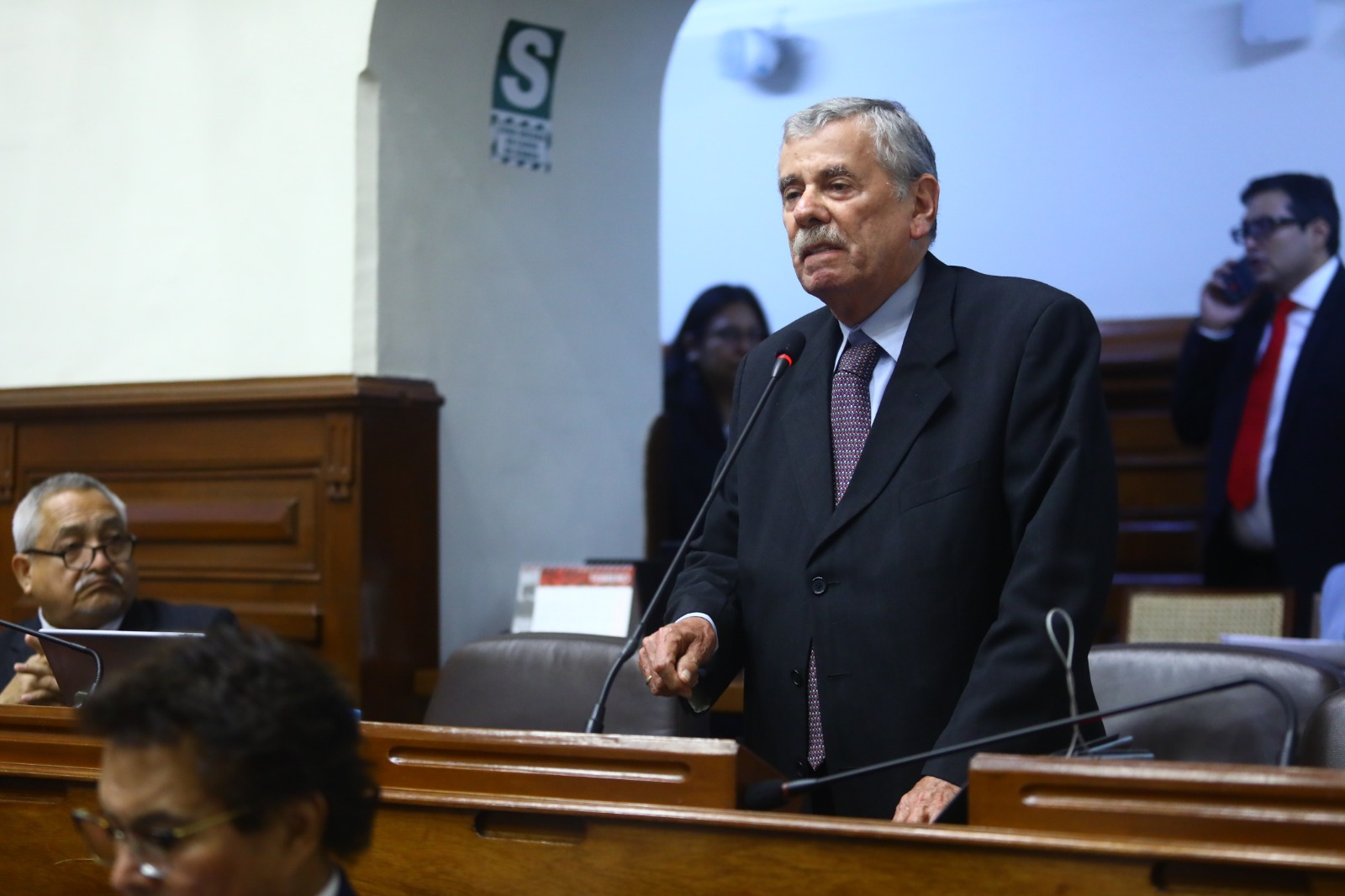
Law 32107 states that no one will be prosecuted, convicted or punished for crimes against humanity or war crimes, for acts committed prior to July 1, 2002, under sanction of nullity and functional responsibility. Furthermore, he orders that No act prior to that date can be classified as a crime against humanity or war crimes..
The norm argues that the Rome Statute of the International Criminal Court came into force in the Peruvian legal system on July 1, 2002, while the Convention on the Non-Applicability of Statutory Limitations to War Crimes and Crimes Against Humanity came into force. entered into force on November 9, 2003, so any event that occurred before these treaties came into force in Peru normally expires.
In favor of organized crime
Law 32108 establishes a new definition of the crime of organized crime and provides for the participation of a lawyer during a house search in a raid.
To establish the existence of organized crime, this rule says, there must be a group with a complex, developed structure, with high operational capacity, composed of three or more people, with a stable organization, who act in concert with the purpose of committing serious crimes, with sentences greater than six years and with the objective of obtaining control of the value chain of an illegal economy or market, to obtain an economic benefit.
The 1st Congress approved a legal modification to Law 31108 that removes from the description of organized crime the phrase: “obtaining control of the value chain of an illegal economy or market.” Meanwhile, it specifies that they have the purpose of committing “extortion, kidnapping, hired assassination and other crimes punishable by a custodial sentence equal to or greater than five years at the minimum,” and not six, as was initially the case.
Meanwhile, said law established the participation of the defendant’s defense attorney during the home and personal search carried out during a home search authorized by the judge. The modification requires “the participation of a public defense attorney during the search” until the private defender arrives.
Against the Public Ministry
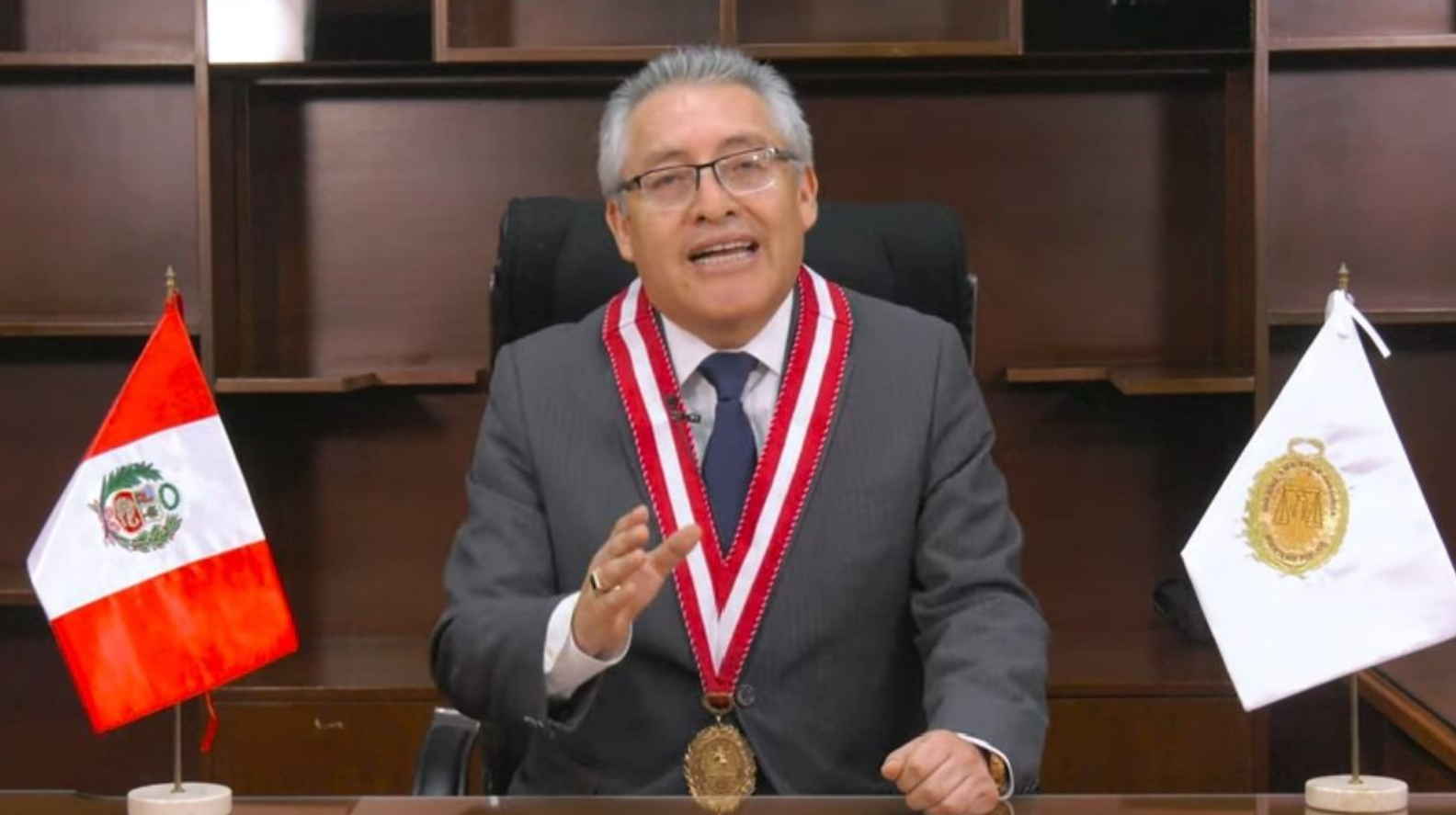
Law 32130 reduces the powers of the Public Ministry by transferring the preliminary investigation of the crime to the National Police, which will define what acts constitute a crime, identify the perpetrators, their degree of participation and the type of crime they would have committed, in addition to gathering all the proof of charge and defense.
In addition, it introduces 33 modifications to the Criminal Procedure Code in favor of the defendants, on issues such as telephone interception, inhibition of prosecutors, recusal of judges, cassationinvestigation deadlines, time limits on appearance, impediment to leaving the country, prohibition of traveling through the national territory, among others, which in practice means the existence of a New Criminal Procedure Code.
The prosecutor’s office has issued a “general instruction” in which it is established that provincial prosecutors must request from the police, in their respective jurisdiction, the material and personnel capabilities they have to undertake the preparatory investigation. The Police have responded by appointing a PNP general as national general coordinator to implement the new law, without a legal basis to support it.
More laws are coming
The parliamentary majority has been discussing other reforms that seek to prohibit judges from applying diffuse control or sanction the jurisdictional criteria of judges and prosecutors when granting freedom or when issuing a preliminary, preventive detention or an effective prison sentence. The Constitutional Procedural Code will also be modified to prevent judges from controlling the decisions of Congress and to reduce the minimum to resolve a jurisdictional claim to four votes.
Another norm that is under discussion and already has a first approval vote is that of “systematic crime” or urban terrorism.: anyone who, through the use of ammunition, military or civil firearms, explosive devices or others with similar characteristics, provokes or carries out conduct classified as crimes of kidnapping, extortion, hired assassination, qualified homicide and aggravated robbery, creating anxiety or terror in the population or a part of it; “He will be punished with life imprisonment.”
Its wording could generate confusion with the crime of criminal organization in cases of extortion, hitmen, qualified homicide and aggravated robbery committed by more than three people, in an organized structure.
Beneficiaries
The congressman and former president of Congress Alejandro Soto benefited from Law 31757 in a process he had in the Cusco court for crimes of fraud in the administration of a legal entity and against assets-fraud for events that occurred in November 2012 and June 2014. The case was filed after this law was approved.
The political parties Fuerza Popular, Perú Libre, Podemos Perú and other political leaders, such as the President of the Republic, Dina Boluarte, face investigations for crimes of corruption, money laundering and organized crime that will be favored by the reforms approved by Congress . The prosecution had requested the dissolution of Fuerza Popular, Perú Libre and other political movements.
